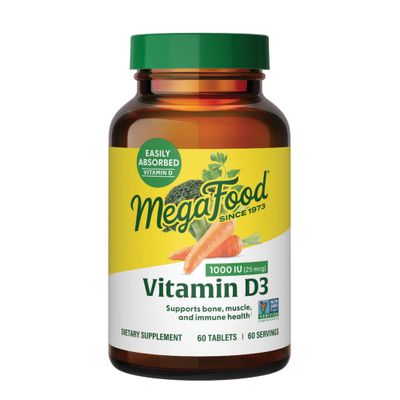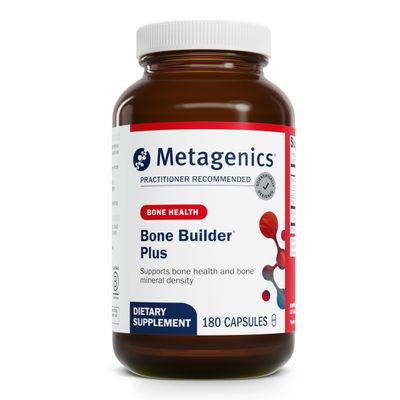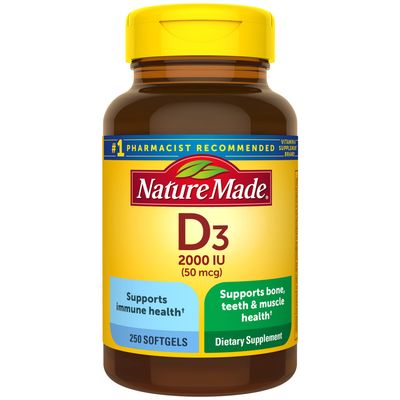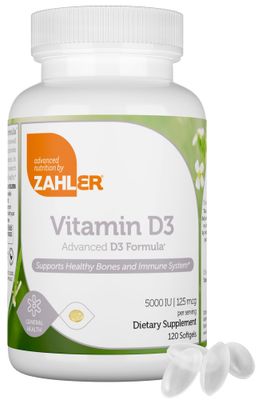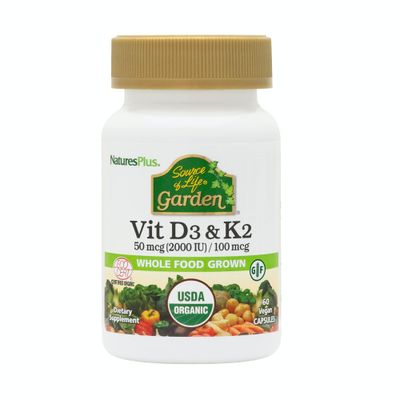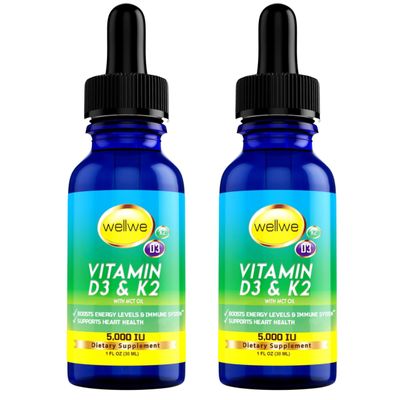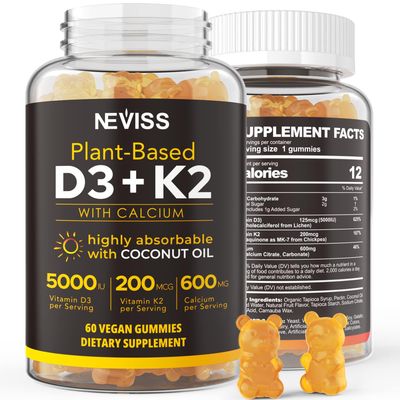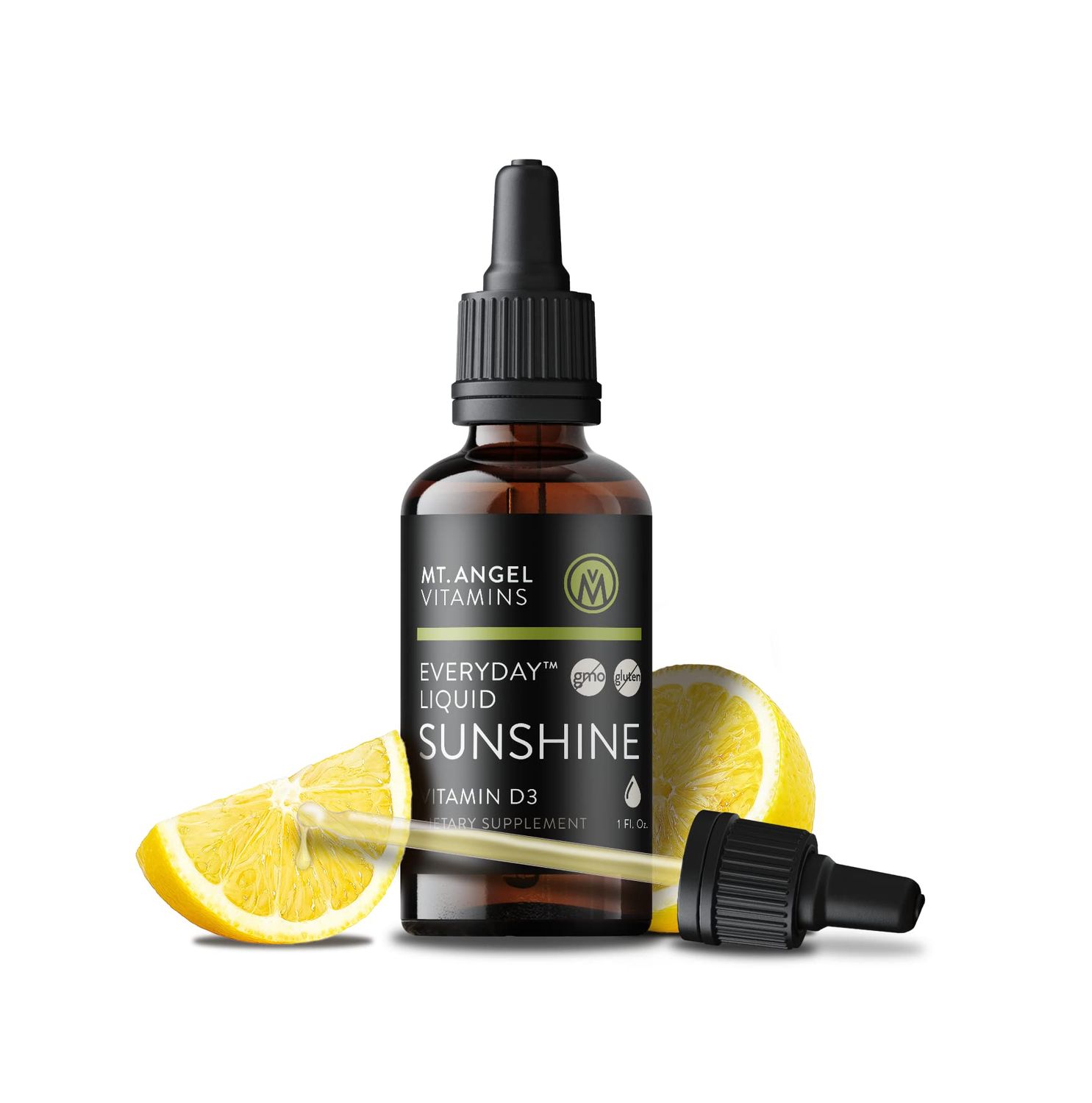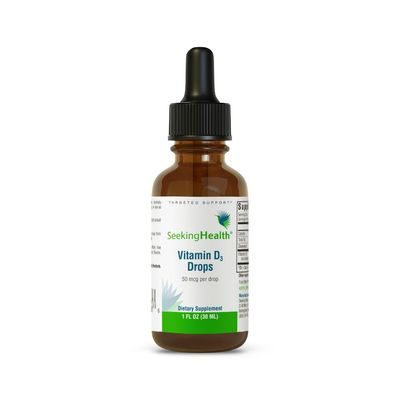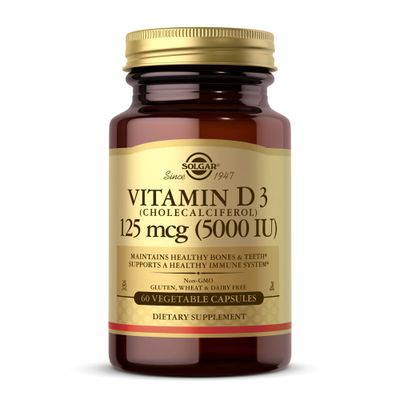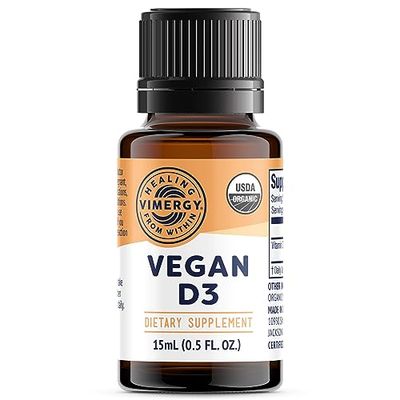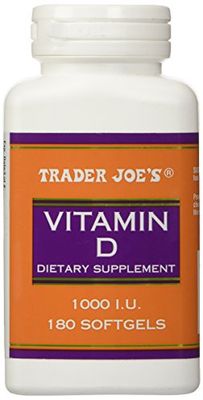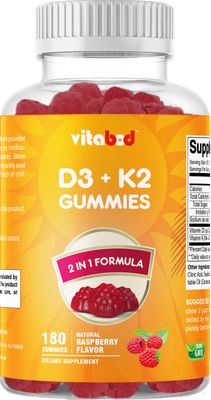Mt. Angel Vitamins Everyday Liquid Sunshine - Liquid Vitamin D Drops - Easy-to-Use Vitamin D3 Drops with Natural Lemon Flavor (Non-GMO, Vegan, Soy-Free, Gluten-Free) Made in The USA -1400 serv/Bottle
Description
Vitamin D3 (cholecalciferol) is crucial for cell differentiation, normalizing levels of calcium and phosphorus, maintaining strong bones, promoting healthy blood pressure and supporting immune system balance. It is an important nutrient that relies on daily skin-to-sun exposure for synthesis. Vitamin D3 requirements increase the further you live from the equator. Likewise, UV rays from tanning beds can trigger synthesis of D, but come with an increased risk of melanoma. FACTORS IMPEDING D FORMATION: Complete cloud cover (50%) Shade (60%) Smog (60%) Glass/ Windows Sunscreen with SPF 8 + higher Dark skin Naturally rich dietary sources of vitamin D are few and far between, and include different varieties of fish (tuna, mackerel, cod liver oil). Vitamin D is also available in goat's milk, shiitake mushrooms and eggs. Fortified foods, including milk, are other food sources of this essential nutrient. (Note that vitamin D is typically not added to cheese and other dairy foods.) As a fat soluble nutrient, digestion and absorption of vitamin D can be a problem for those with challenged digestion. Use of digestive enzymes can boost absorption of vitamin D as well as other nutrients. WHY WE NEED IT New research is starting to uncover exactly how D helps our bones: it promotes calcium absorption, and is necessary for bone growth and remodeling. But its benefits don't stop at your skeleton. Vitamin D also modulates cell growth, and supports both immune and neuromuscular function. We also know that D is a factor in cell proliferation, differentiation and apoptosis (programmed cell death.) Vitamin D is such an important nutrient that many cells have vitamin D receptors, and some convert D into its more potent (D3) form.
Features
- UNBEATABLE POTENCY & VALUE: Get 1000 IUs of Vitamin D3 per drop, with 1400 drops per container. Customize your dosage-3000 IUs, 5000 IUs, or even 10,000 IUs-by choosing the number of drops. Ultimate flexibility and value for your family's health.
- IDEAL FOR THE WHOLE FAMILY: One drop delivers the daily recommended dose of vitamin D for toddlers to seniors. Easy to mix into foods or drinks, ensuring strong bones and a healthy immune system for everyone.
- QUICK & EFFICIENT ABSORPTION: Our sublingual liquid formula ensures rapid absorption for maximum benefits. Infused with MCT oil and natural lemon flavor, it not only supports strong bones and a robust immune system but also enhances mood and cognitive function.
- CERTIFIED QUALITY & PURITY: Produced in a GMP-certified USA facility, our drops are Non-GMO, Halal, Kosher, and free from common allergens like gluten and soy. Choose Mt. Angel Vitamins for a trusted, high-quality, and effective vitamin D supplement.
- RISK-FREE, SATISFACTION GUARANTEED: We stand by our product with a 100% satisfaction guarantee. If you're not satisfied with the results, simply return the product for a full refund. It's a risk-free investment in your family's health and well-being.
